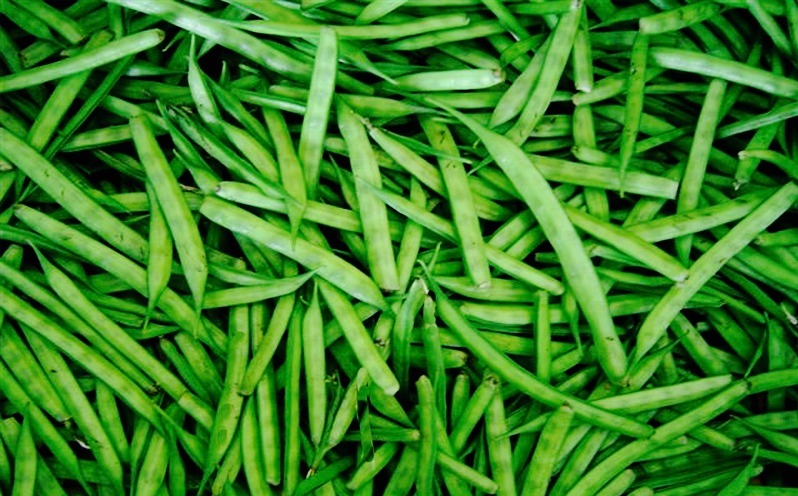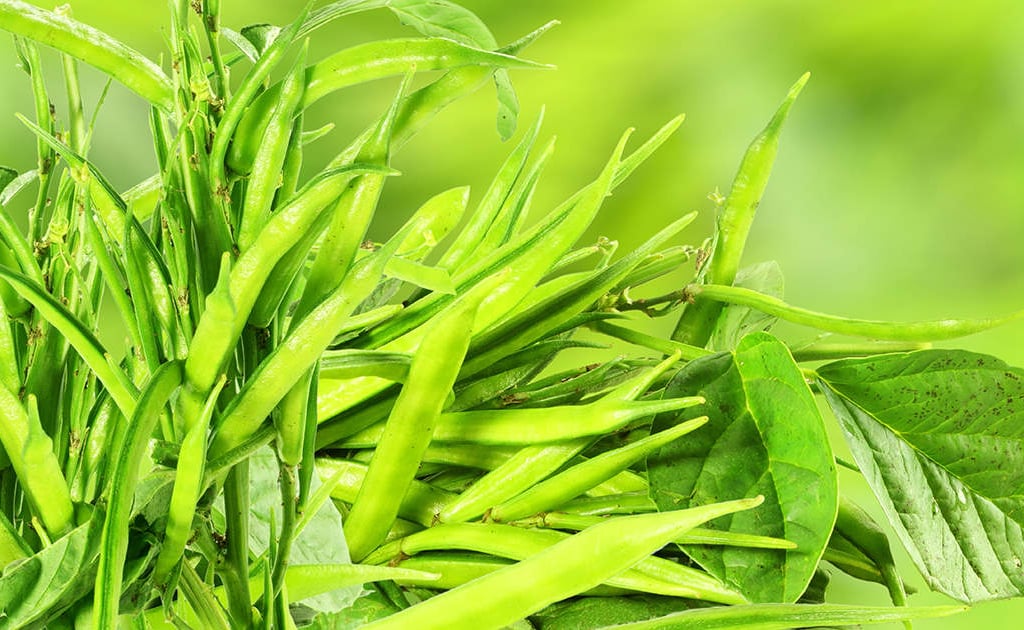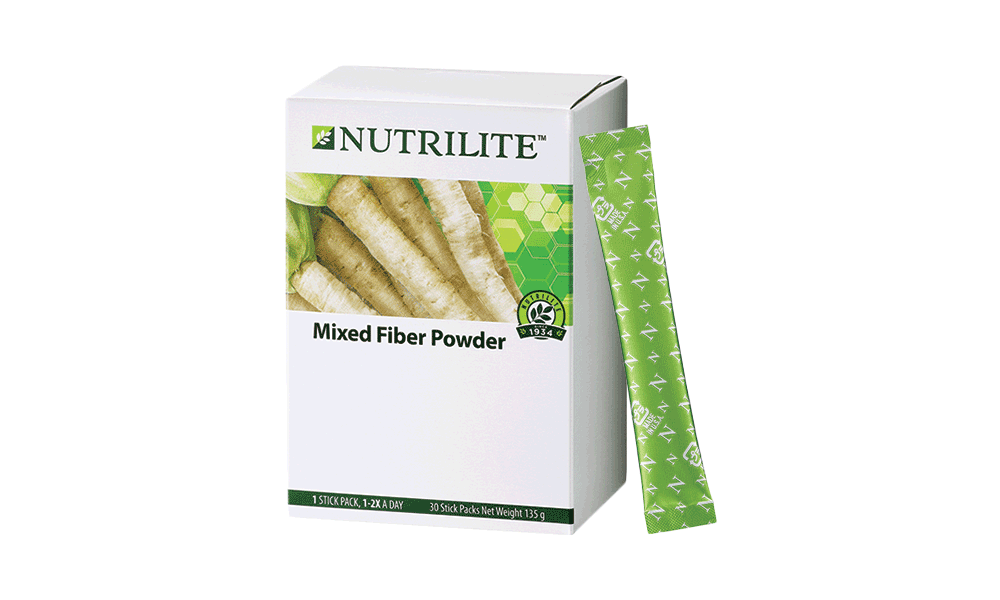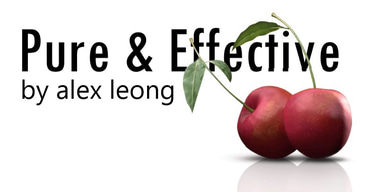

Did You Overlook Fiber? Here’s Why It Matters More Than You Think
When you hear "fiber," you might think of it as just a remedy for constipation or a weight-loss helper. But guess what? Fiber does way more than just keep things moving in your digestive system. If you’re assuming your fiber intake is spot-on because you don’t have any tummy troubles and your bowels are regular, you might be missing out on some serious benefits. Let's dive into why adding a fiber supplement could be a game-changer for your health.
Soluble vs. Insoluble Fiber: What’s the Deal?
Fiber comes in two main flavors—soluble and insoluble. Soluble fiber, like what you find in oats and apples, dissolves in water and forms a gel-like substance. This type helps to regulate blood sugar and lower cholesterol, giving your heart some extra love. On the other hand, insoluble fiber doesn’t dissolve in water. Instead, it adds bulk to your stool, which helps things move along smoothly. A fiber supplement with both types can cover all the bases.
The Scoop on Prebiotic Fiber and Popular Supplements
Here’s where it gets interesting: prebiotic fiber. This special type of fiber feeds the friendly bacteria in your gut. Think of it as a VIP pass for gut health! Examples include chicory root, bananas, chia seeds, and asparagus. Prebiotic fiber keeps your gut in tip-top shape, supports your immune system, and boosts overall well-being. It also stimulates the production of beneficial compounds, like short-chain fatty acids (SCFAs) such as butyrate, which play a key role in gut and overall health. To learn more about how SCFAs contribute to your well-being, click here.
In the fiber supplement world, you might come across resistant maltodextrin and partially hydrolyzed guar gum. Resistant maltodextrin is a soluble fiber that resists digestion, which helps keep blood sugar levels steady and improves gut health. Partially hydrolyzed guar gum, another soluble fiber, helps with digestion and also acts as a prebiotic. Both are great additions to a fiber supplement, giving you a balanced boost.
Now, let’s talk about FOS (fructooligosaccharides). FOS is another powerful prebiotic fiber, naturally found in foods like garlic, onions, and bananas. It selectively feeds beneficial bacteria, like Bifidobacteria, in the gut. By promoting a healthy balance of gut flora, FOS supports digestion and may even improve immune function. It’s often used in fiber supplements to enhance gut health and is an excellent companion to other prebiotics, such as inulin. Together, they help maintain a robust microbiome for better overall wellness.
Why You Might Need a Fiber Supplement
Back in the day, we didn’t hear much about people needing fiber supplements. But times have changed. Nowadays, our diets are often packed with fast foods, junk foods, and meats, while fruits and veggies take a backseat. This can lead to a fiber shortfall. While eating a colorful variety of fruits, leafy greens, and veggies is always the best way to go, some folks just don’t vibe with veggies (tannins, anyone?). That’s where fiber supplements come in handy, making sure you get enough to keep everything running smoothly.
And let's be real—many people now rely on over-the-counter constipation meds or even enemas to get things moving. Overusing these methods can make your gut a bit lazy. It starts to depend on these aids, and before you know it, your gut might get used to not working as it should. It’s like teaching your gut to be a couch potato!
More Benefits Than You Think
Fiber is like the unsung hero of your diet. Beyond keeping your digestion on point and helping with weight management, fiber is fantastic for your heart. It helps lower cholesterol and keeps your blood sugar levels steady. Plus, it plays a role in maintaining healthy lipid levels, reducing bad cholesterol (LDL), and boosting good cholesterol (HDL). Fiber also helps prevent certain cancers, like colorectal cancer, by keeping your gut environment healthy.
The Juicing Dilemma
Juicing is super trendy, but here’s a catch: when you juice, you often lose the fiber and end up with a lot of sugar—whether it’s natural fruit sugar or added sweeteners. Drinking just the juice can lead to consuming more sugar than you need and can cause blood sugar spikes and weight gain. Eating whole fruits and veggies keeps the fiber intact, helping you feel full and satisfied without overloading on sugar.
Start Slow and Steady
If you’re new to fiber supplements, it’s wise to start slow. Jumping in with a high dose can lead to some uncomfortable side effects, like bloating, gas, and cramps. Your body needs time to adjust to the increase in fiber, so gradually upping your intake can help you avoid these issues.
Don’t Forget the Water!
Here’s a pro tip: fiber needs water to do its thing. So, along with your fiber supplement, make sure you’re sipping enough clean, safe, and mineral-rich water throughout the day. This helps fiber expand and work its magic in your digestive system.
In summary, fiber supplements aren’t just for tackling constipation or managing weight. They offer a range of health benefits, from boosting heart health to supporting a balanced gut. Adding a fiber supplement to your routine, paired with a colorful diet and plenty of water, can be a smart move for your overall health.
Return to:




